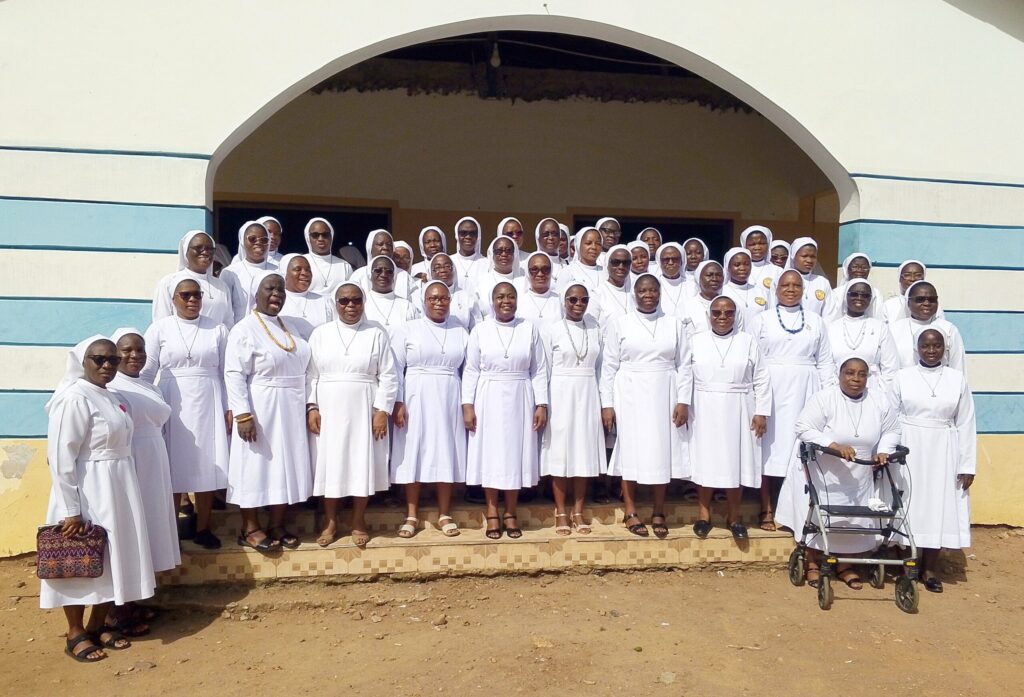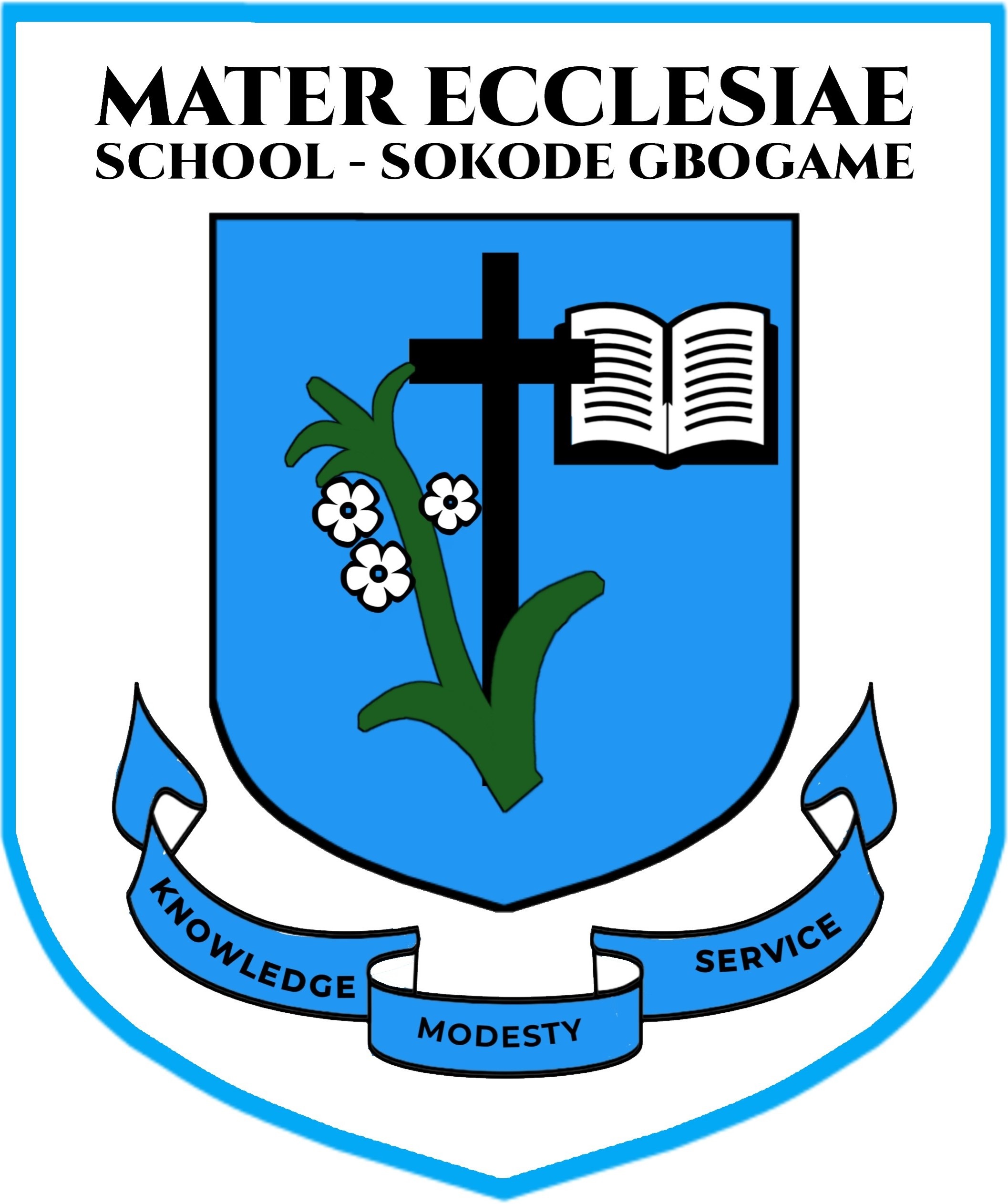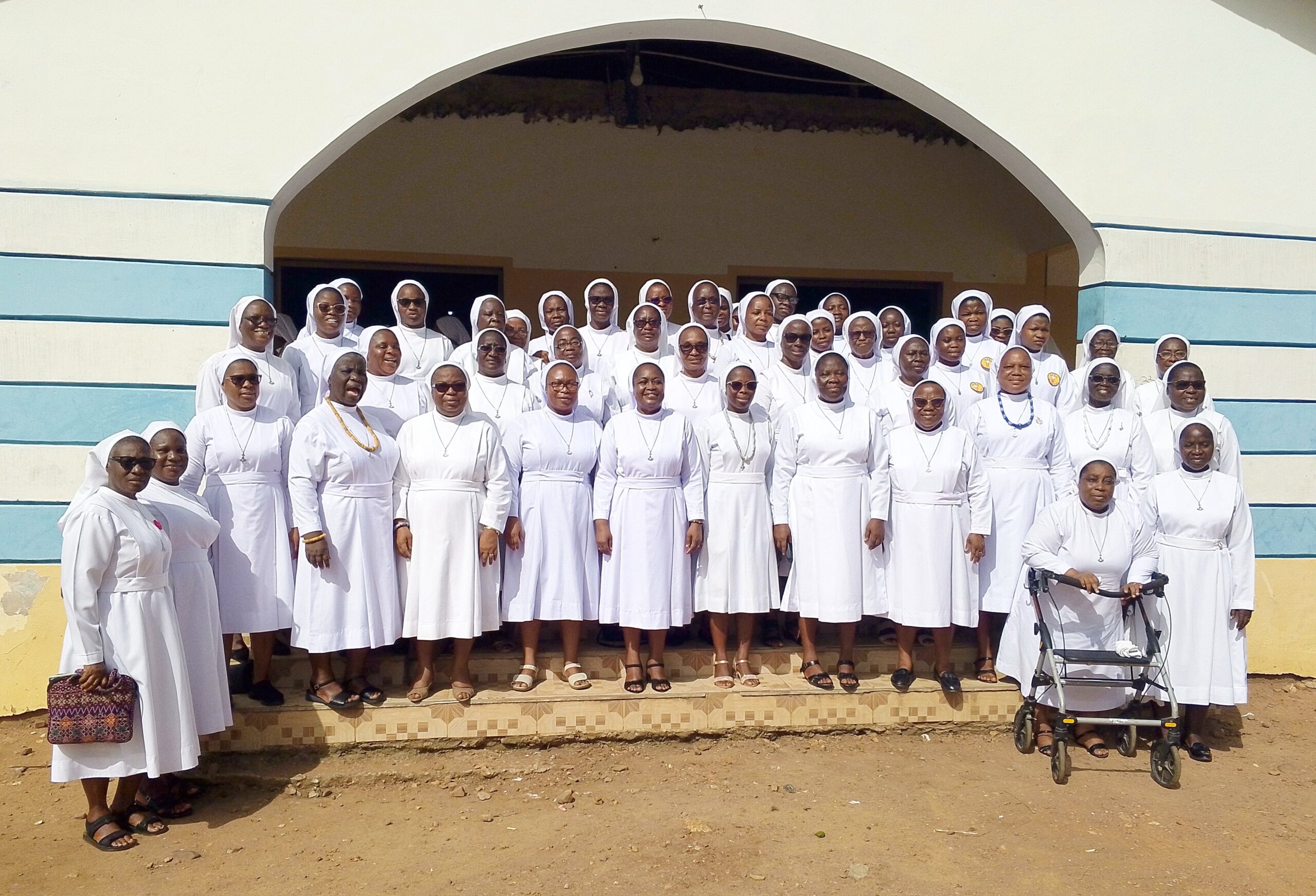The Catholic Church has long been a pillar of education in Ghana, playing a significant role in shaping the country’s educational landscape. Since the early days of missionary activities, the Church has been a steadfast partner in providing quality education, especially to marginalized communities. Today, Catholic schools across the country continue to be recognized for their commitment to academic excellence, discipline, and moral formation. This article explores the historical and ongoing contributions of the Catholic Church to education in Ghana, highlighting its impact, challenges, and enduring legacy.
Historical Foundations: Early Missionary Efforts
The involvement of the Catholic Church in education in Ghana dates back to the 19th century, during the colonial era when missionaries arrived to spread the Christian faith. Alongside evangelization, the Catholic missionaries prioritized the establishment of schools, viewing education as a critical tool for both religious conversion and social development. In 1880, the Catholic Church established its first school in Elmina, in the Central Region, marking the beginning of a long-standing partnership between the Church and education in Ghana.
The primary objective of the early Catholic schools was to provide formal education to children in underserved communities while instilling Christian values. These schools were among the few avenues for many Ghanaians to access education, especially in rural areas where government-funded schools were scarce. Over time, the Catholic Church’s educational institutions grew in number and reputation, attracting students from diverse backgrounds.
Expansion and Impact on National Education
As Ghana moved towards independence in the mid-20th century, the Catholic Church expanded its role in education significantly. By the 1950s, the Church had established several primary, secondary, and vocational schools across the country, playing a crucial role in increasing literacy rates and developing a skilled workforce. The contribution of Catholic institutions was instrumental in preparing many of the leaders who would later guide Ghana through independence and beyond.
One of the most significant impacts of the Catholic Church’s involvement in education has been its emphasis on holistic development. Catholic schools in Ghana have always strived to balance academic excellence with moral and spiritual formation. This focus on character development has earned Catholic institutions a reputation for producing well-rounded individuals who excel in both intellectual pursuits and ethical leadership.
Catholic Education in the Modern Era
Today, the Catholic Church continues to be a major player in Ghana’s education system. There are over 6,000 Catholic schools in the country, ranging from basic schools to secondary institutions and vocational training centers. Notable Catholic institutions such as St. Augustine’s College, Holy Child School, and Pope John Senior High School have consistently ranked among the top-performing schools in the nation, known for their rigorous academic programs and strong discipline.
One of the hallmarks of Catholic education in Ghana is its inclusivity. Catholic schools are open to students from all religious backgrounds, with many non-Catholic students benefiting from the high standards of education offered by these institutions. This inclusivity reflects the Church’s broader mission of service to society, regardless of creed or background.
In addition to primary and secondary education, the Catholic Church has also made significant contributions to tertiary education in Ghana. Catholic universities such as the Catholic University College of Ghana, located in the Bono Region, offer programs in various disciplines, including business, health sciences, and theology. These institutions play a crucial role in advancing higher education in the country, with a focus on ethical leadership and social responsibility.
Challenges and Adaptations
While the Catholic Church’s involvement in education in Ghana has been overwhelmingly positive, it has not been without challenges. One of the key issues faced by Catholic schools is funding. Many Catholic institutions, especially those in rural areas, struggle with inadequate resources, which can affect the quality of education they provide. Although some schools receive government support, it is often insufficient to meet the growing demands for infrastructure, teaching materials, and staff training.
Additionally, the rise of secularism and the increasing competition from private schools have posed challenges to Catholic education. While Catholic schools maintain high enrollment levels, there is a growing need for them to adapt to the evolving educational landscape. This includes integrating technology into classrooms, updating curricula to meet modern standards, and ensuring that Catholic education remains relevant in a rapidly changing world.

The Church’s Contribution to National Development Goals
The Catholic Church’s involvement in education is aligned with Ghana’s broader development goals, particularly in the areas of poverty reduction, gender equality, and human capital development. Catholic schools often serve as lifelines for children in remote and underserved communities, where access to quality education can be limited. In these areas, Catholic institutions not only provide education but also offer nutritional support, healthcare services, and extracurricular activities that contribute to the overall well-being of students.
In terms of gender equality, the Catholic Church has been at the forefront of promoting education for girls, particularly through its girls’ schools and women’s empowerment initiatives. Schools like Holy Child School and St. Louis Senior High School have been instrumental in nurturing generations of women leaders in Ghana, helping to bridge the gender gap in education and leadership roles.
Conclusion: A Legacy of Service and Commitment
The Catholic Church’s role in education in Ghana is one of deep commitment to the social and moral development of the nation. From its humble beginnings in the 19th century to its present-day influence, the Church has made significant contributions to shaping the educational system and the lives of countless Ghanaians. Catholic schools are not only centers of academic learning but also institutions that instill values of integrity, service, and compassion.
As Ghana continues to evolve, the Catholic Church’s educational mission remains as relevant as ever. By adapting to new challenges and maintaining its focus on holistic education, the Church is poised to continue its legacy of service, helping to build a more just, educated, and prosperous society for generations to come.




Hi, this is a comment.
To get started with moderating, editing, and deleting comments, please visit the Comments screen in the dashboard.
Commenter avatars come from Gravatar.